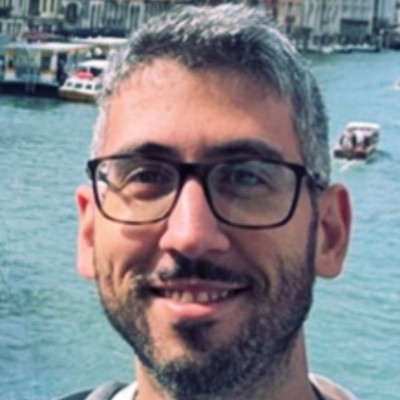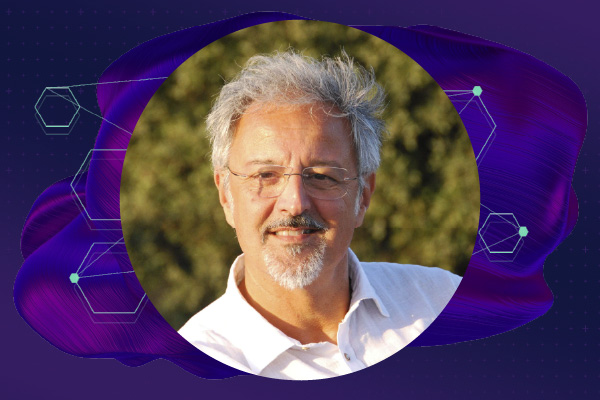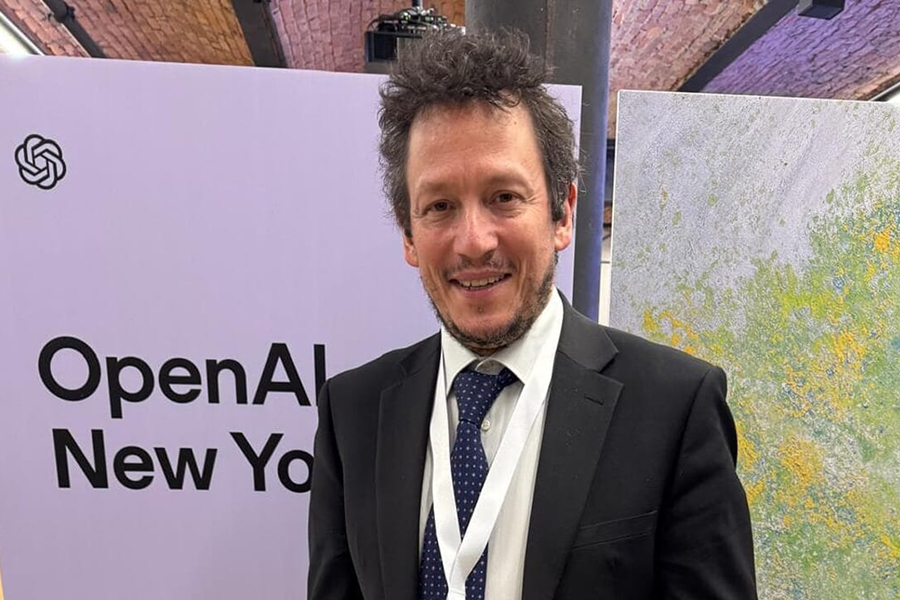Unipi CTF: Cybersecurity challenge at the University of Pisa
On December 6, the “Unipi CTF” will take place — a cybersecurity competition for high-school and university students. The event…
On December 6, the “Unipi CTF” has taken place — a cybersecurity competition for high-school and university students (in room PN10 at the Polo Porta Nuova, from 2:00 p.m. to 7:00 p.m).
Cryptography, web security, low-level challenges, and reverse engineering: participants will tackle a series of tasks to score as many points as possible. In the end, the top three teams will reach the podium and receive a prize.
The event is organized by fibonhack, a group of students, researchers, and cybersecurity professionals, in collaboration with the Department of Computer Science and the Google Developer Group di Pisa.
More details on
E-mail: info@fibonhack.it
 Andrea Cossu received in Rome, at the CNR, the Special Mention of the “Premio Giovani Ricercatrici e Ricercatori” awarded by the Gruppo 2003, of which Professor Ugo Montanari is a founding member.
Andrea Cossu received in Rome, at the CNR, the Special Mention of the “Premio Giovani Ricercatrici e Ricercatori” awarded by the Gruppo 2003, of which Professor Ugo Montanari is a founding member.
The awarded work, “Continual pre-training mitigates forgetting in language and vision” (published in Neural Networks in 2024), lies in the area of Continual Learning, which aims to develop artificial intelligence agents capable of learning over time while progressively adapting to new tasks and environments.

On 5 November, the European Commission’s AI Office began drafting the Code of Practice on marking and labelling of AI-generated content, as provided for in Article 50 of the AI Act.
Over seven months, two working groups comprising experts in technology, law and society will define a framework to prevent deception and manipulation related to synthetic content and strengthen public trust.
Professor Dino Pedreschi has been appointed by the AI Office as vice-chair of Working Group 1: Transparency obligations applicable to providers of generative AI systems, tasked with developing guidelines on the transparency and recognisability of content generated by generative artificial intelligence.

Antonio Cisternino, our professor and president of the Information System at the University of Pisa, is the only Italian among the 300 professors chosen by OpenAI Academy, a free educational platform launched by OpenAI to facilitate the adoption of artificial intelligence in various sectors.
OpenAI has just published a video in which Cisternino talks about how he successfully used ChatGPT in the ICT Infrastructure course of the Master’s Degree in Computer Science.
The excellent feedback prompted the lecturer, together with Professor Andrea Corradini, to take an innovative approach to designing the new edition of the Advanced Programming course, also for the Master’s Degree in Computer Science, focusing on Artificial Intelligence.
The video presents the fundamental ideas behind this new teaching approach, which is not limited to introducing a new tool, but demonstrates the desire and ability to test the technologies that are changing the world.
Technological innovations are often met with scepticism. In this case, a constructive and informed approach was preferred, which is particularly important in programming, where AI is set to profoundly transform the future landscape.
On December 6, the “Unipi CTF” will take place — a cybersecurity competition for high-school and university students. The event… From November 21 to 24, Pisa celebrates Leonardo Fibonacci, the mathematician who introduced Arabic numerals to Europe. The event coincides… The second edition of the Quantum Festival, dedicated to quantum computing, is about to begin, with the theme #SguardiAlFuturo (Looking… On 5 November, the European Commission’s AI Office began drafting the Code of Practice on marking and labelling of… The Italian team, led by our master’s student Lorenzo Leonardini, won first place at the European Cybersecurity Challenge (ECSC 2025),… Dino Pedreschi, our professor and pioneer of data science in Europe, is one of the signatories promoting Red Lines on… Stefano Forti, a researcher in the Department, took the podium at the Logic Programming / Constraint Programming Contest (LP/CP 2025)… During the ICANN 2025 conference, held in Kaunas (Lithuania), Alessio Micheli was elected President of the European Neural Network Society… On Friday 26th, and in the days leading up to it, Bright – La Notte delle Ricercatrici e dei Ricercatori… Lorenzo Leonardini, a master’s student in our Department, will be the captain of Team Italy at the European Cybersecurity Challenge… Antonio Cisternino, our professor and president of the Information System at the University of Pisa, is the only Italian among… Andrea Cossu received in Rome, at the CNR, the Special Mention of the “Premio Giovani Ricercatrici e Ricercatori” awarded by the…Unipi CTF: Cybersecurity challenge at the University of Pisa
Fibonacci Days 2025
Quantum Festival 2025
EU AI Office Names Dino Pedreschi Vice-Chair of Working Group 1 for AI Act Code of Practice
First place for the Italian team led by Pisa at the European Cybersecurity Challenge 2025
United Nations, global appeal for limits on AI: Dino Pedreschi among the promoters
Another podium finish for UniPI at the international Logic Programming contest
Alessio Micheli, new president of the European Neural Network Society
Computer Science Department: Bright Night
Lorenzo Leonardini, a master’s student in our Department, will be the captain of Team Italy at the European Cybersecurity Challenge
Looking for a smart way to use Artificial Intelligence in teaching
“Menzione speciale del Premio Giovani Ricercatrici e Ricercatori” to Andrea Cossu